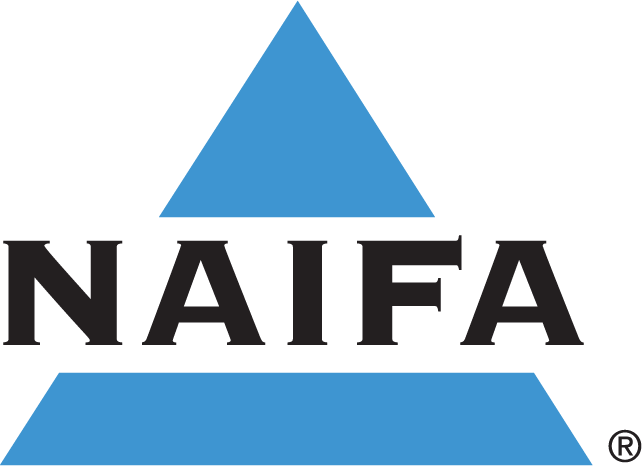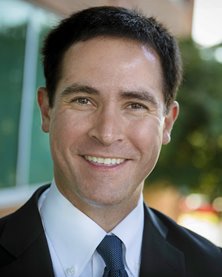According to an alarming new article in the Wall Street Journal, U.S. banks reported a record 24,454 cases of suspected financial exploitation of seniors in 2018. This represents a 12 percent increase from the previous year and is more than double the amount from five years earlier. Senior financial exploitation is already a very serious issue. Based on data compiled by the American Bankers Association,seniors lose approximately $2.9 billion annually due to financial abuse.
In 2015, NAIFA recognized this problem and began engaging with legislators and regulators at the federal and state level to enact policies designed to protect seniors from financial exploitation. At the federal level, NAIFA successfully advocated for passage of the Senior Safe Act, signed into law in May of 2018. Under this landmark legislation, financial advisors and firms may report suspected financial exploitation of a senior client to state or federal authorities who can then investigate the suspicious transaction. For doing such reporting, advisors would be immune from liability for disclosing a client’s information to regulators and law enforcement, provided that the advisor completed training from his or her their firm on how to detect and report suspected fraud on a client.
In addition to the Senior Safe Act, NAIFA supported a FINRA regulation that allows broker-dealers to temporarily delay a senior client’s disbursement request if the broker-dealer suspects that financial exploitation may be involved. Under the FINRA rule, broker-dealers can delay a suspicious transaction for up to 15 days.
In the states, an increasing number of legislatures are considering similar measures to those that have been enacted at the federal level. About 12 states have enacted model legislation from the North American Securities Administrators Association (NASAA) that calls for advisors to report suspected financial exploitation to the state securities commissioner and Adult Protective Services. Many NAIFA state associations have successfully worked to ensure that these state bills have voluntary, not mandatory, reporting and that advisors are protected from liability for any notification of possible financial exploitation.
Too often, vulnerable seniors are victims of actions by unscrupulous individuals – particularly seniors suffering from cognitive decline. In the coming years, millions of Americans will be transitioning from the workforce into retirement and will be living on fixed incomes and other assets that need to be preserved to protect their financial independence and security. NAIFA will continue to lead this vital effort to protect our nation’s seniors.







